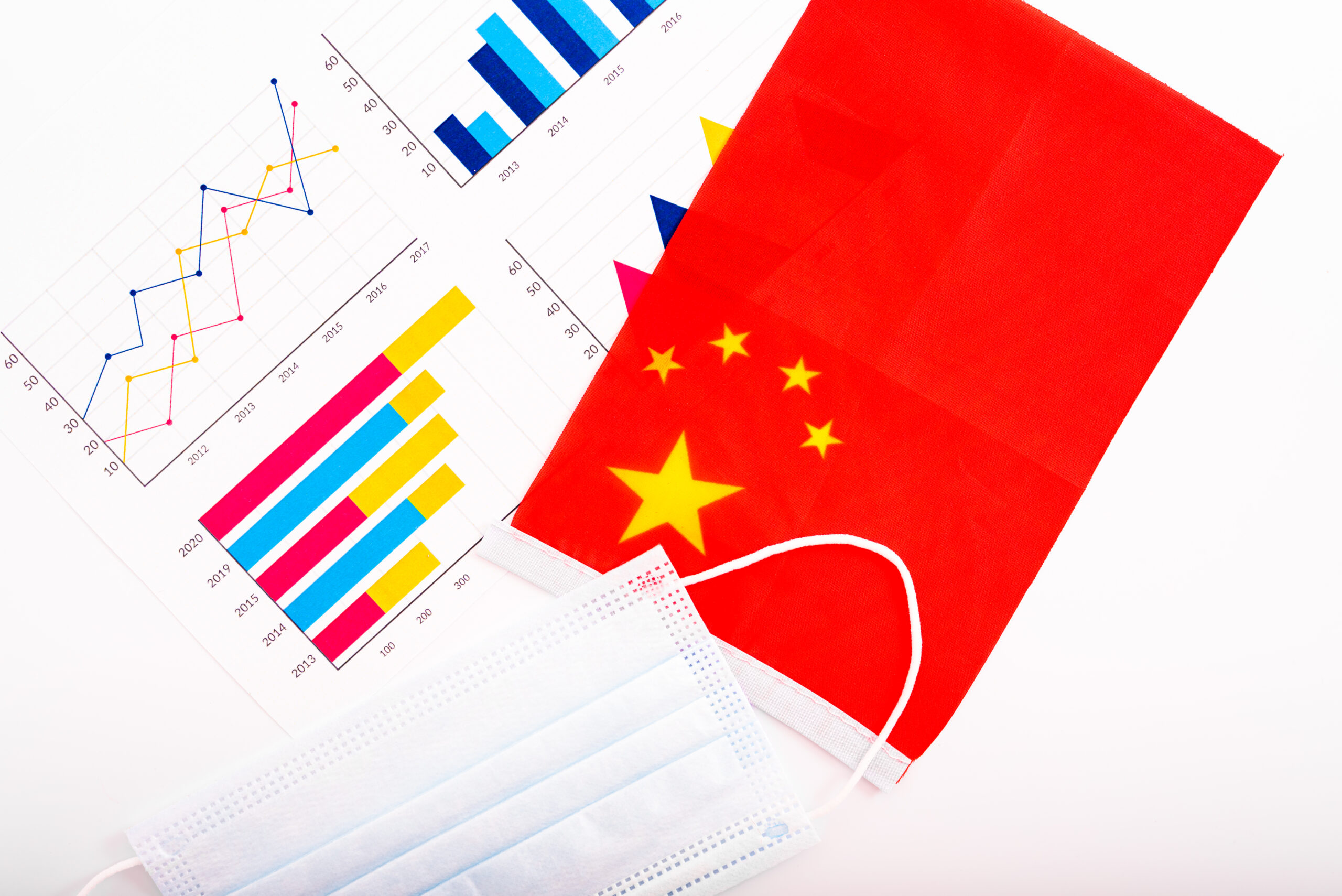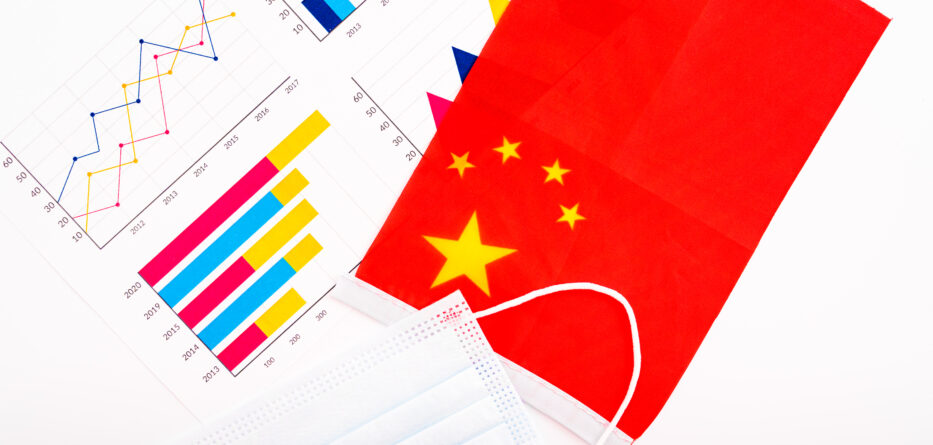
Credit: Envato Elements
Massive Deflation in China as CPI Plummets by 0.8%
China faces mounting challenges as its consumer prices spiral deeper into deflationary territory, experiencing the most substantial decline since the global recession of 2009, highlighting the formidable obstacles confronting the economy.
According to data released by the National Bureau of Statistics (NBS) on Thursday, China’s Consumer Price Index (CPI) plummeted by 0.8% in January compared to the previous year, marking the sharpest decline since September 2009 and extending a streak of four consecutive months of downturn.
While the substantial drop may appear alarming, analysts attribute much of it to seasonal factors and suggest that the downturn may have already reached its nadir. The NBS and some economists point to the impact of holiday demand in January 2023, which saw a 2.1% increase in CPI, as contributing to the perception of particularly weak prices this year.
According to HSBC economists, the Lunar New Year’s shift from January to February this year distorted the comparison, influencing the base effect and exacerbating the apparent decline.
Beijing is confronted with the urgent task of restoring consumer and investor confidence amid multiple challenges, including a real estate downturn, stock market turbulence, and weakened exports. The recent removal of its primary stock market regulator underscores the gravity of the situation, with trillions of dollars wiped off shares in recent years.
Weak consumer demand further compounded the decline in prices last month, particularly in the food sector. Pork prices, a staple in the Chinese diet, plunged by 17.3% from the previous year, representing the most significant drop among all consumption items, while vegetable prices slid nearly 12%.
China is exporting Deflation. Instead of focusing on supporting consumption, over capacity in manufacturing continues.
Add demographics, debt levels and digital transformation all foundational deflationary forces.
And yet, consensus focuses on inflation and assumes somehow… pic.twitter.com/eeVPVaKTIH
— James E. Thorne (@DrJStrategy) February 12, 2024
Despite the gloomy outlook, economists like Lynn Song from ING Economics suggest that consumer prices are poised to rebound from February onwards, buoyed by strong holiday demand associated with the Lunar New Year festivities. The migration phenomenon, known as the “Spring Festival Travel Rush,” is expected to drive consumption demand during the holiday period, with preliminary data indicating a surge in travel compared to pre-pandemic levels.
Moreover, consumer services prices have also seen an uptick, with tourism-related prices rising by 1.8% in January from a year ago, indicating a potential resurgence in consumption demand.
Looking ahead, HSBC economists anticipate consumption to remain a key pillar supporting the economy this year, with robust services consumption extending to more durable goods consumption, signalling optimism for China’s economic trajectory amidst the challenges posed by deflationary pressures.
-
Credit: Shutterstock World on Edge as Russia Warns Trump and Iran Vows Never to Surrender As tensions in the...
-
Credit: Shutterstock Tensions Soar as Iran Launches 100 Drones at Israel Tensions in the Middle East reached a boiling...
-
Credit: Shutterstock Viral video reignites debate over Macron’s unconventional marriage during high-stakes diplomatic tour French President Emmanuel Macron and...
-
Tensions escalate between India and Pakistan as military strikes and air combat raise fears of a wider conflict in...
-
Credit: Pixabay A Powerful Portrait of Resilience Captures Global Attention and Reveals the Human Cost of War Through the...
-
A powerful earthquake strikes Southeast Asia, leaving thousands feared dead, buildings in ruins, and fears of catastrophic flooding on...
-
Japan Unveils the E10 Shinkansen – A High-Speed Revolution With British Design Japan has introduced the groundbreaking E10 Shinkansen,...
-
Avride Teams Up with Rakuten to Introduce Sidewalk Delivery Bots in Tokyo, Bringing Faster and More Efficient Deliveries to...
-
The World’s Most Expensive Substance Costs More Than the Global Economy Imagine a material so rare and difficult to...
-
May Mobility Launches Fully Driverless Ride-Hail Service in Peachtree Corners May Mobility is taking autonomous transportation to the next...
-
What Caused the Plane Crash? The tragic crash of Azerbaijan Airlines Flight 190 in western Kazakhstan has left 38...
-
In a whirlwind 24 hours that rocked South Korea, President Yoon Suk Yeol’s surprise martial law declaration and its...




















